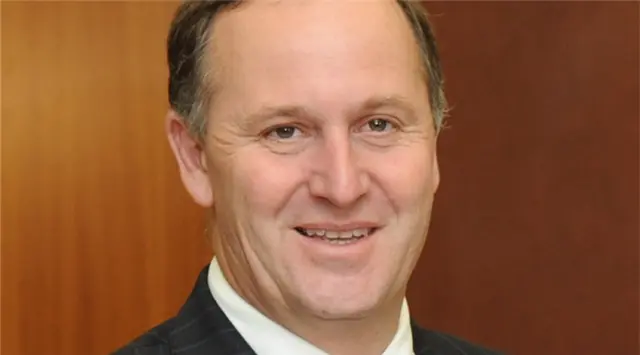New Zealand Prime Minister John Key on Thursday praised the governments of the 12 Trans-Pacific Partnership trade deal as thousands of protestors demonstrated against the agreement outside the official signing venue in Auckland.
Speaking at the signing ceremony of the "most important agreement," Key urged the assembled trade representatives to ensure the pact was ratified as quickly as possible.
"What brings us together is a shared belief that opening and integrating our markets through trade and investment will enhance the prosperity of our peoples," said Key.
"TPP liberalizes trades and sets consistent rules to make it easier to do business across the region. TPP will create new trade opportunities, diversify export destinations and help firms do business overseas," he said.
"That is overwhelmingly in the best interests of our countries and our citizens."
The combined countries made up over a third of global GDP and a market of over 800 million people, "so TPP is a big deal literally. "
Outside the casino conference hall hosting the ceremony, thousands of protestors marched through downtown Auckland demonstrating against the pact.
Protestors claim it gives corporations undue influence over the regulatory powers of governments and undermines national sovereignty.
The demonstrators scuffled with police after they blocked roads through central Auckland.
The main opposition Labor Party said the government had "botched" its handling of the TPP, from negotiating the deal in secret to holding a "stage-managed" signing in a casino.
"Today's protests are a public sign of the deep discomfort many New Zealanders feel about what is happening in this country. The government must now seek ways to heal that wound," Labor leader Andrew Little said in a statement.
Ratification of the TPP by the 12 nations - Australia, Brunei, Canada, Chile, Japan, Malaysia, Mexico, New Zealand, Peru, Singapore, the United States and Vietnam - is expected to take up to two years.
 简体中文
简体中文

